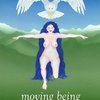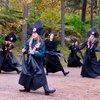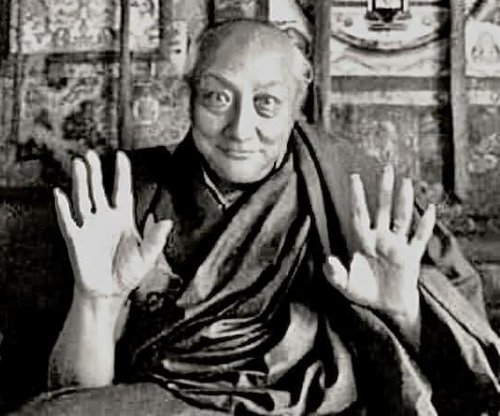Dzogchen and Advaita Vedanta are not synonymous in terms of how they express realisation. Ngak’chang Rinpoche was asked about the difference between Dzogchen and Advaita Vedanta. The question was asked because some people who claim to teach Dzogchen are saying that the nonduality of which they speak is the same nonduality spoken of in Buddhist Dzogchen and Advaita Vedanta.
Ngak’chang Rinpoche replied
“In 1979 ‘Khordong gTérchen Tulku Chhi’mèd Rig’dzin Rinpoche explained this to me. He said that there are two Sanskrit words which translate into English as nonduality: advaya and advaita.
Advaya (the Buddhist term) means ‘unique / identical’ and refers to the indivisibility of emptiness and form —— or the indivisibility of relative truth and ultimate truth.
Advaita means ‘not-two’. This is commonly translated as ‘nonduality’ but should be translated as ‘monism’ or ‘monist non-dualism’. This refers to the indivisibility of God and phenomena. This means that when one becomes realised (God-realised) one ‘becomes God’ —— and therefore disappears into God.
So, according to Advaita ‘everything is one’ — and there is ‘only God’.
This is NOT a Buddhist idea. Buddhism is not a theistic / monotheistic religion. Buddhism is an atheist religion.
In terms of Dzogchen nondual realisation does not betoken becoming ‘… a dewdrop the slips into the shining sea.’
Dzogchen has no problem with individuality or personality.
(རང་ཁུངས་ལྡན་ authentic individuality) and (རང་གཤིས་ཁུངས་ལྡན་ authentic personality)
The individual is empty of solid, permanent, separate, continuous, or defined characteristics —— yet displays impermanent manifestations which are limitless in their variety.
In Dzogchen, nonduality is not monist.”








